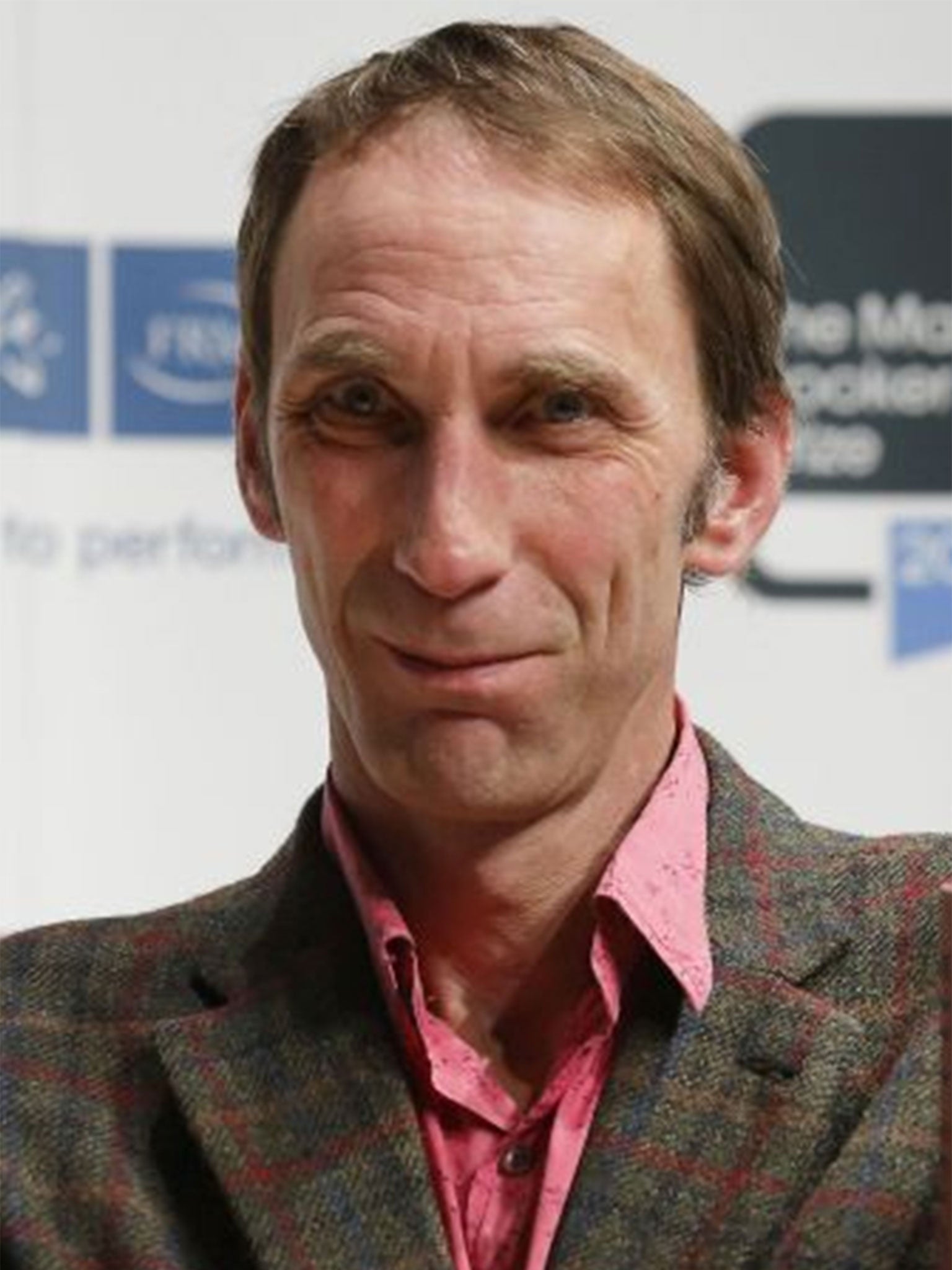Will Self: 'I like Orwell's writing as much as the next talented mediocrity'
The Book of Dave's author says George Orwell was a 'supreme mediocrity'

In what is perhaps the first literary spat between a living and dead author, Will Self has infuriated the followers of George Orwell by describing the writer of the political classics Animal Farm and 1984 as a “supreme mediocrity”.
Self, renowned for his own distinctive use of the more obscure words in the language, particularly has in his sights Orwell’s famous rules for writing plain English, which include such much repeated dictums as “Never use a long word where a short one will do”.
Speaking on BBC radio 4, Self, whose work includes The Book of Dave and the just-published Shark, argues that Orwell was “plain wrong” and the rules in his 1946 essay Politics and the English Language lead to a stifling conformity of language.
“Don't get me wrong. I like Orwell's writing as much as the next talented mediocrity,” he said. “The trouble for the George Orwells of this world is that they don't like the ways in which our tongue is being shaped. In this respect they're indeed small "c" conservatives, who would rather peer at meaning by the guttering candlelight of a Standard English frozen in time, than have it brightly illumined by the high-wattage of the living, changing language.”
As if to back up his point Self’s essay, also published on the BBC website, uses such obscure language as “lucubrations” (laborious study) and primus inter pares (first among equals) - which disobeys another Orwell dictum, “never use a foreign phrase if you can use an everyday English equivalent”.
Orwell’s followers argue it is Self who is wrong. Professor Stephen Ingle of the University of Stirling, who has written two books on Orwell’s political writings, points out that Orwell’s first rule is “Never use a metaphor, simile, or other figure of speech which you are used to seeing in print.”
“Clarity is not the same as never using new words,” Professor Ingle said. “He is very strong on moving away from saying the same kind of thing over and again. The quality of his prose is really outstanding. Animal Farm is the greatest political satire since Gulliver’s Travels. Orwell says his aim was never to write anything that an intelligent normal working man couldn’t understand. That’s a golden rule he sticks to. I’d rather read Orwell than Will Self.”
Quentin Kopp, a committee member of the Orwell Society, said he thought Self must have been speaking “tongue in cheek”.
“He’s quoting Orwell out of context,” he said. “Orwell is saying if you want to embrace the richness of the language use the words that are available. Don’t be lazy. And that you don’t need 14 sub clauses in a sentence to make yourself understood. I would say he’s more accessible than Will Self.”
Join our commenting forum
Join thought-provoking conversations, follow other Independent readers and see their replies
0Comments